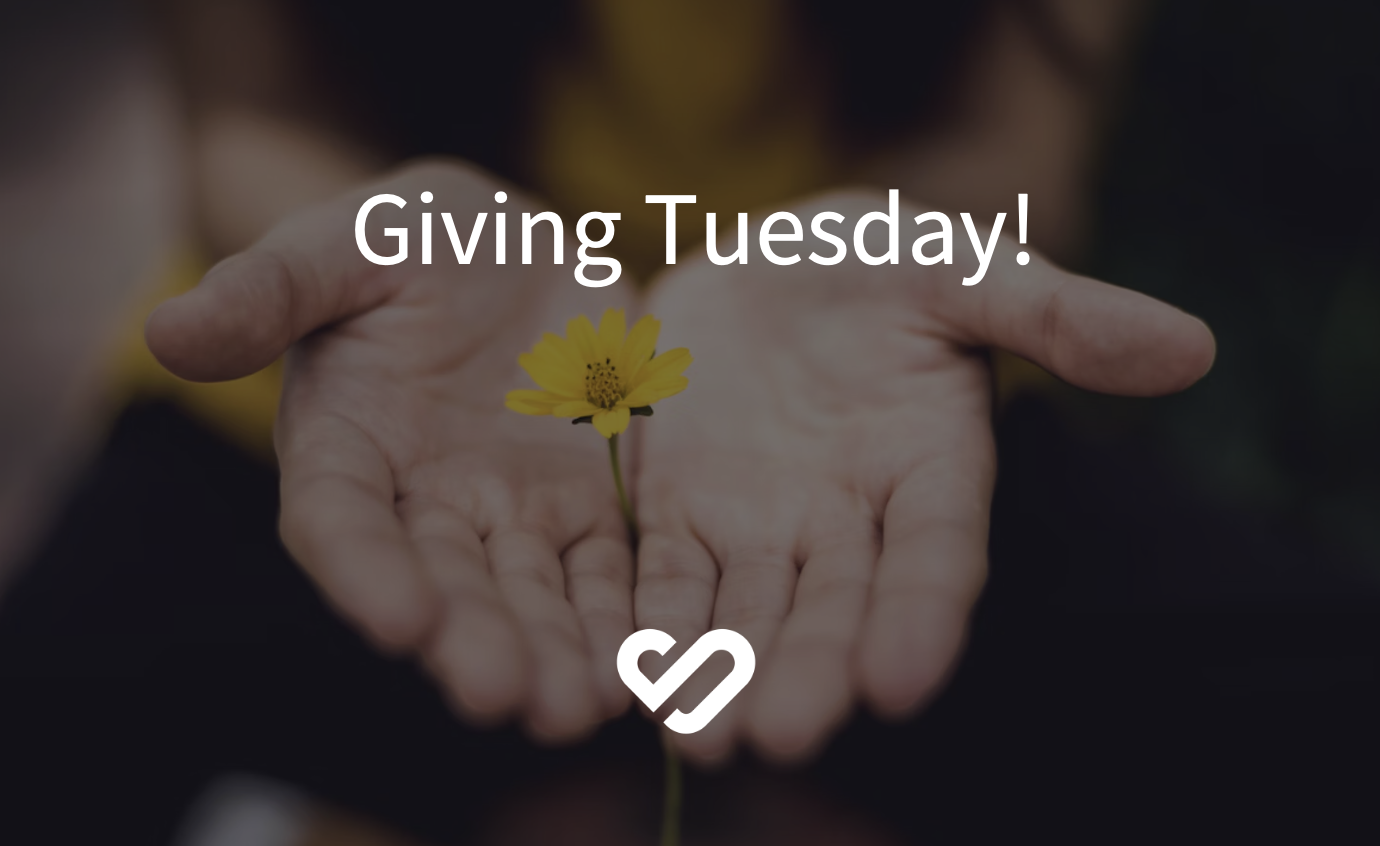
Giving Tuesday! Fund
About
Your Donation Supports

Toys for Tots Foundation
The mission of the U. S. Marine Corps Reserve Toys for Tots Program is to collect new, unwrapped toys during October, November and December each year, and distribute those toys as Christmas gifts to less fortunate children in the community in which the campaign is conducted.

Feeding America
Our mission is to advance change in America by ensuring equitable access to nutritious food for all in partnership with partner food banks, policymakers, supporters, and the communities we serve.

One Simple Wish
Every day, One Simple Wish works tirelessly to amplify the voices of individuals impacted by foster care and crisis through their often simple, yet always meaningful wishes. One Simple Wish launched in 2008 as an online giving platform designed to raise awareness and empower everyone to restore hope and happiness to kids and young adults impacted by foster care and crisis throughout the United States. At onesimplewish.org, we believe that sharing stories, not statistics, is the most effective way to connect communities and change lives. With your support, One Simple Wish can continue to build our network of Community Partner agencies, ensuring that everyone who needs us knows we are here and feels seen, heard, and loved.
Meals On Wheels People Inc
We enrich the lives of seniors and assist them in maintaining independence by providing nutritious food, human connections, and social support. We also use our expertise and capacity to serve other nutritionally at-risk populations.
Love For Our Elders
Love For Our Elders aims to alleviate social isolation among older adults through handwritten letters and intergenerational connections.
Christmas Spirit Foundation
The mission of the Christmas Spirit Foundation is to advance the Christmas Spirit for kids, families and the environment through programs and activities.

Cruz Roja Espanola
Cruz Roja Espanola

Plan International in the Netherlands
Plan International is a development cooperation operating in more than 80 countries worldwide, working to support vulnerable children, with a particular focus on girls and young women. Plan International commits to eliminating the disadvantages that girls and young women face, so that they have the same opportunities and rights as boys. With the support of thousands of sponsors, companies and (institutional) donors, Plan International works to improve the lives of children and young people worldwide.

Stichting Red Een Kind

Green Heroes
To coexsist with nature is both a privilege and a responsibility. The Green Heroes vision is to empower community in becoming environmental visionaries, innovators, leaders and confident contributors to society. Community engagement equips volunteers with a deep understanding of their interconnection with ALL living things, and nurtures a strong sense of belonging and purpose in their own lives, their community and their environment. As communities grow in knowledge, understanding and experience, a lifelong desire to protect the environment emerges. Green Heroes community projects empower and celebrate those who are active in conservation: through preservation and protection of flora, fauna and threatened ecosystems. We value collaboration with other likeminded organisations - working together to make a difference.